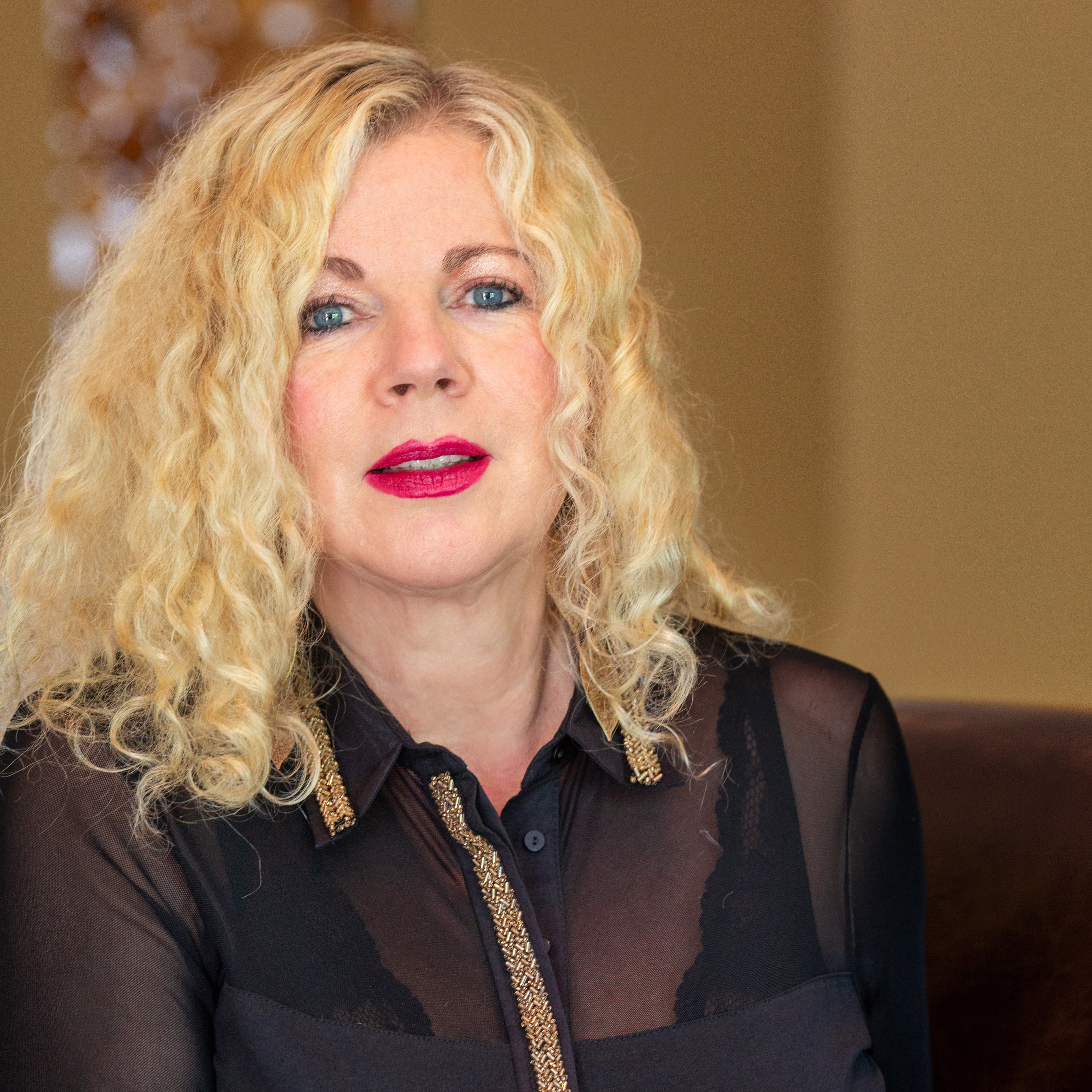
Achieving a fulfilled life is the motor of all human action. Humans possess great, dynamic powers, which they devote to fulfilling their lives and themselves as a “purpose in itself” (Kant). That’s why our coaching is about recultivating our soul’s life by leading people back to the sources of their life’s energy – where they feel dynamics and power. The “inventor” of this approach is the founder of “Positive Psychology” – Abraham Maslow.

Mental growth means growing beyond oneself.
Psychology means suffering. It treats deficits, orients itself on the past, detects repressed, unconscious processes in the soul’s life. At least, that was the case until Abraham Maslow, who was the first to investigate natural human needs. Especially in the case of successful people, Maslow was able to ascertain the following: people don’t live from bread alone; neither do they live from having enough bread. After the physical needs, there are psychological, positive needs such as recognition, money, a place in this world. However, once the basic needs are met – from our daily bread all the way to prosperity, a new horizon opens up: the need for self-fulfillment.
Abraham A. Maslow’s concept of “self- growth” goes against the mainstream of an average, predetermined life. Especially in the counterculture and hippie movement of the 1960s, this idea met with huge resonance, and still offers a great incentive to review your own thoughts and actions, in keeping with Nietzsche’s motto: “Be yourself! All that you are now doing, thinking, desiring, all that is not you.” Or to put it in Abraham Maslow’s words: “What a man can be, he must be. He must be true to his own nature.”
“The meaning of self-growth psychology for the social self’s transformation since the 50’s cannot be overestimated,” star sociologist Andreas Reckwitz states in his book The Innovation of Creativity (2015: p. 215ff.); with reference to Maslow’s legacy. According to Reckwitz, since the 1970s, this transformation has involved a shift from counterculture practice to dominant everyday practice. The essential difference to Maslow’s Humanistic Psychology is that it “does not start with the healing of sick people but with making life better for average people. (…) It does not take a disturbing mental symptom or a deviation (…). It’s rather about the qualitative improvement of the normal, socially compatible and unobtrusive behavior”. Similarly, the instruments of Positive Psychology are not those of therapy but of coaching: “The individual should approach in an imaginary, limited setting of physical maturity and mental well-being that can never be fully reached.” (same source)
Our coaching is based on Positive Psychology, as established by Abraham Maslow.
In actual practice, Maslow surveyed “psychologically stable” people regarding the perfect moment in their life and how this came about. In terms of theory, he shed light on the lives of outstanding representatives from the history of humankind: Abraham Lincoln, Thomas Jefferson, George Washington, Benjamin Franklin, scientist Albert Schweitzer, man of letters, philosopher and co-founder of pragmatism William James, writer Aldous Huxley, philosopher Baruch Spinoza, musician Pablo Casals, philosopher of religion Martin Buber, romantic poet John Keats, economist Joseph Schumpeter, composer Joseph Haydn, and poets Walt Whitman, Ralph Waldo Emerson and Henry Wadsworth Longfellow in addition to many others. Maslow presumed all of them to have had successful lives and asked himself what these self-actualizing individuals essentially had in common.
In doing so, Abraham Maslow was the first psychologist to analyze not patients but instead brilliant people who are always seeking to extend their boundaries: to grow mentally. In his long-term studies, these people talk about their creative or productive experiences. Maslow is thus the first of a series of experts to proceed with a focus not on the past but on the present. He does not investigate people’s deficits but their potentials.
A pamphlet published in the Journal of Humanistic Psychology in 1961 was the first to clearly break with the conventional concept of human beings in psychology. It stressed that, in “Humanistic Psychology, the person who is experiencing is the focus of attention, with all their specifically human characteristics: the possibility to choose, act creatively and set their own values. A “sense of meaning” is the key which prompts people to action. The ultimate goal of his “investigations” is nothing less than the perpetuation of human dignity and the development of “everyone’s inner power and capabilities” (Maslow).
On these foundations, Maslow established a psychology which accounts for human needs and purposes. People have a need to live their own lives. Fulfilled lives, recognition and self-actualization are the main topics of the American Society for Humanistic Psychology, founded by Maslow, Carl Rogers and Charlotte Bühler.
The humanistic concept is based on the conviction that people have the capability to grow as individuals and to grow beyond themselves. Thus, “Humanistic Psychology” marks the beginning of a new age of psychology.
Maslow’s theory says: once the basic needs are satisfied to a certain degree, there is time left over for the fulfillment of other, higher-level needs. Biographical “sidekicks” are not to be underestimated in the humanistic approach: friends, family, life partners and children – people who do you good – are a huge motivation for aligning your life according to them, and for developing and assuming responsibility. The resulting individual needs correspond to personal goals, which can be reached when people feel confirmed in their social roles. These are needs for freedom, success, power, independence.
Erich Fromm, Maslow’s disciple (The Art of Loving) stressed that “the normal average, well customized person does not have the smallest idea what he is, what he really wants and what his opinions are” (Maslow 1970:189). Because of this, the Maslow school addresses “individuals and such who want to be”. Requirements in many professions, continuously changing parameters and ever-accelerating performance are making more and more people think about the meaning of their actions and ambitions.
However, according to Maslow, our highest, transcendental need is to exploit our own inner potential to the fullest (“self-actualization”) – not to be mistaken with buzz words such as “self-optimization”, which refers to greater performance. It is much more a matter of how to become the human being you want to be.
Maslow ascribes a high degree of clarity and sense of truth to self-actualized or self-actualizing people (so-called “B-people” – B for “being”). B-people are in search of “peak experiences”, and without any fear of new things. Self-actualized people have a broadened perspective and a sense of contexts or peculiarities which is better, quicker and clearer than that of other people. They distinguish themselves with their great skill in assessing situations and their good, representative taste.
Maslow mentions that all of his test subjects are “safe and free from fear, accepted, loved and loving, acknowledging and feeling acknowledged, having made clear statements about their philosophical, religious or axiological directions”. He calls it an “a priori position”, independent of experiences. His colleague Herbert Read talks about an “innocent eye” in this context. Maslow’s test subject Albert Einstein adds: “The most beautiful thing we can experience is the mysterious. It is the source of all true art and science.”
B-people seem to be at peace with themselves in an almost mystical way. “They can accept their own human nature in the stoic style, with all its shortcomings, with all its discrepancies from the ideal image.” (Maslow)
In this regard, B-people are like children who accept everything without asking, discussing or judging. The “Radar for Leaders” approach trains this way of seeing things with curiosity and this willingness to learn that is a carryover from childhood. The focus should be on the potentials instead of on the deficiencies; on curiosity instead of on defense mechanisms. B-people view life as a development; they see their existence as a task, their profession as the terrain on which they can create something that will serve both themselves and maybe humankind as well.

Contact
Are you curious and want to learn more?
We’d be happy to provide you with profound information about our offerings, with no obligation.

